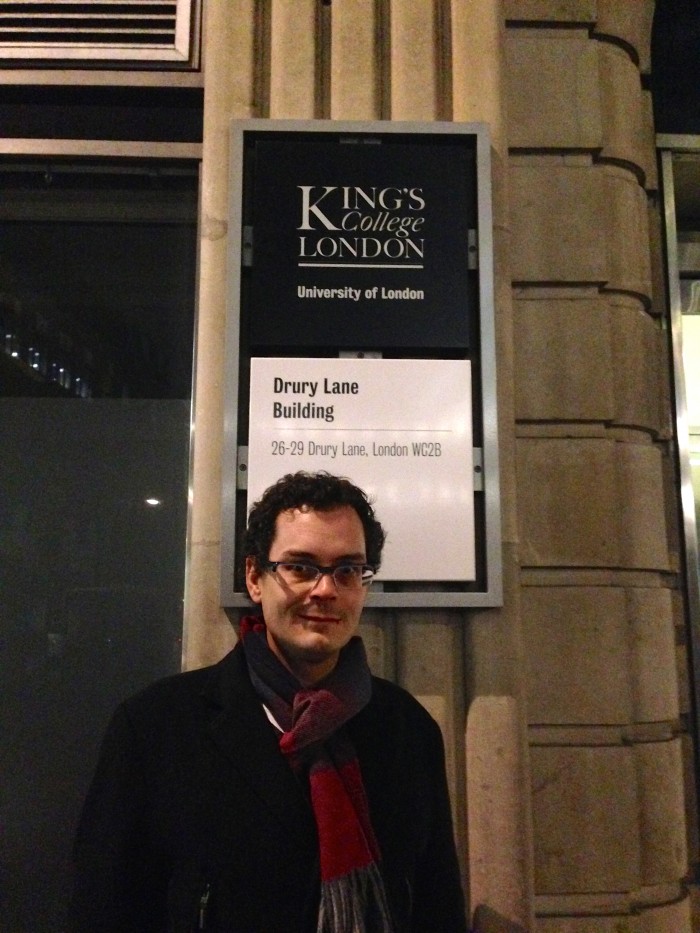Today, 13th May, I gave a presentation at the Department of Digital Humanities (13:00, 2nd floor seminar room 212) in King’s College London within the programme of Internal Seminars organised by John Bradley and Gabriel Bodard. The titled was “A view on digital scholarship in Humanities and Social Sciences: a culture of innovation and experimentation in academia and society.”
Abstract of the seminar
In recent years Digital Humanities has become a very popular topic, attracting the interest of many academics in Humanities but also in Social Sciences. Why? Many academics have identified digital scholarship in the Humanities and Social Sciences with the so-called Digital Humanities. However, what do all these academics expect to find behind this concept?
The use of the term Digital is probably misleading for newcomers since very different meanings cohabit under this label. It is necessary to open this black-box up in order to identify which values and ideas are its most relevant components (openness, social engagement, collaboration, new pedagogies, reconceptualization of intellectual property, hacking culture, citizen science, among others).
I’d like to reflect, from outside the Humanities, about the extent to which Digital Humanities is effectively providing a valid response to these very diverse approaches. In particular, I’ll discuss to what extent Digital Humanities (and Social Sciences) are fostering a culture of innovation and experimentation in academia (research, learning, public engagement).
The presentation used was the following:

